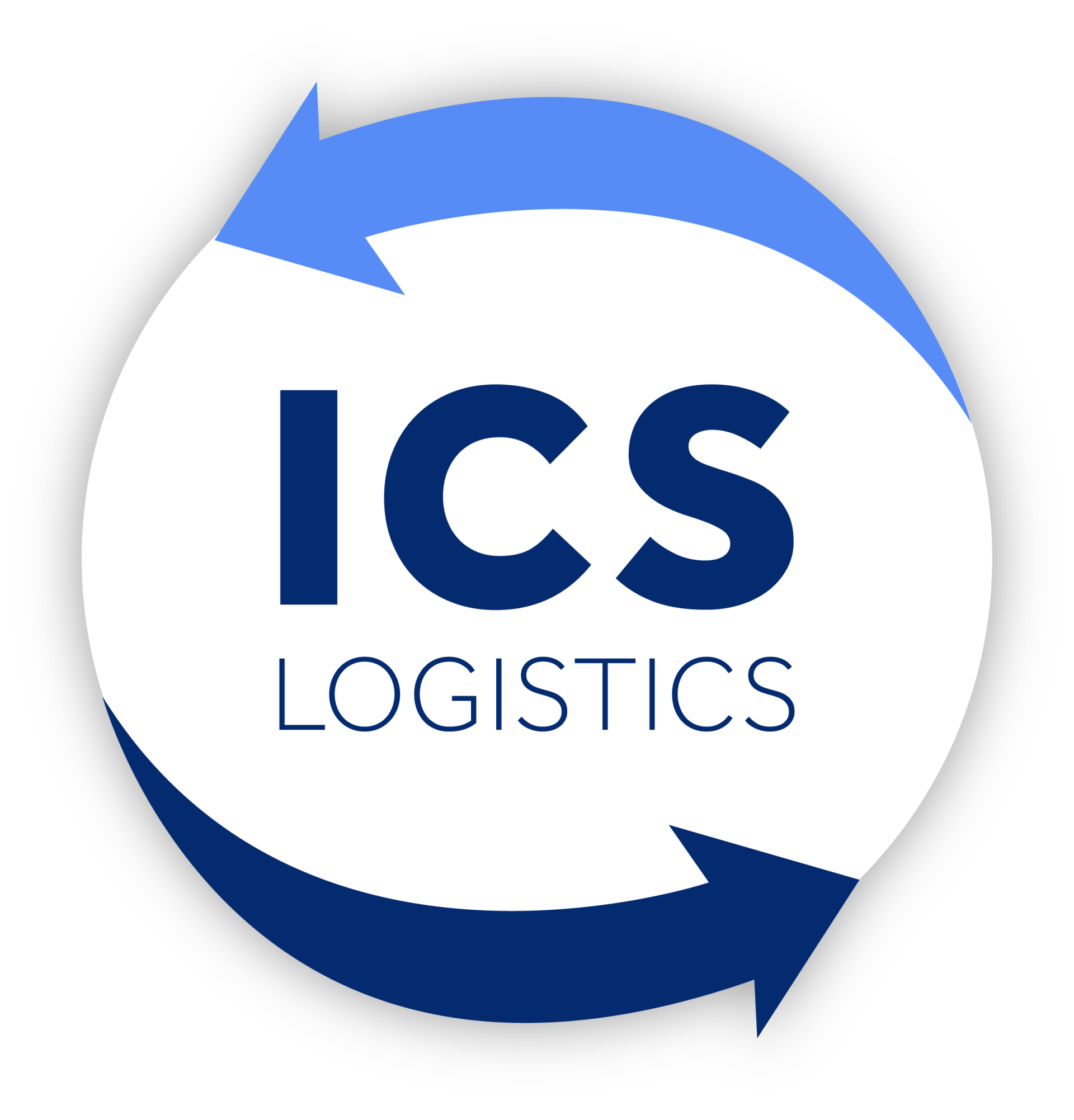The Implications of Selling on DDP Terms
Ian Simmonds • 12 February 2020
DDP terms impose the maximum level of obligation on the seller.
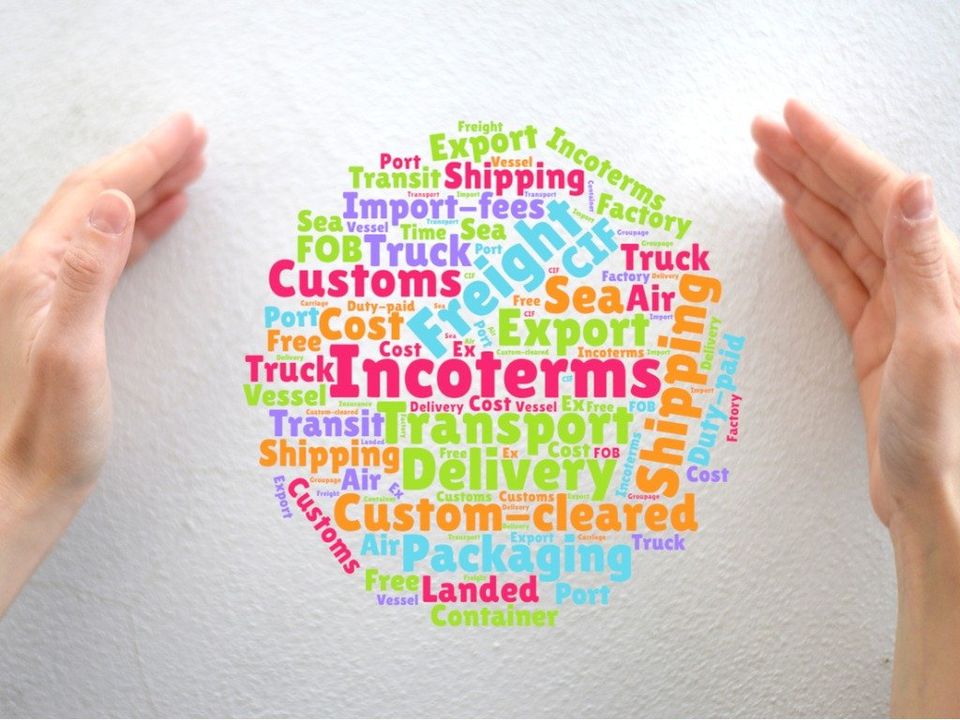
Selling on DDP sales terms is a workable solution for domestic transactions or with only some transactions within the European Union, but for other international trade it can be particularly problematic. Under the terms DDP, the seller is responsible for door to door delivery, the payment of import duties and any applicable taxes. Under the eleven Incoterms® Rules, DDP terms impose the maximum level of obligation on the seller.
Insurance Obligations
The DDP risk transfer point or delivery point, is important in relation to marine cargo insurance underwriting and claims, because it establishes the seller’s liability for insurance cover. Under DDP terms, the seller has no obligation to the buyer to make a contract of insurance. The buyer also has no obligation to the seller to make a contract of insurance. However, the buyer must provide the seller with information they need for obtaining insurance.
As the seller will bear all risks of loss of or damage to the goods from the time they are dispatched until they are delivered to the overseas buyer at the delivery point, it is advisable that the seller obtains insurance cover for the goods whilst in transit.
Registered Importer of Record
Under DDP terms, the seller may be required to act as the registered Importer of Record in many countries. It is not always possible for a foreign business to become the Importer of Record and this may cause issues in some countries, such as the USA and South Africa. In addition, the EU requires the importer of goods to be registered with a relevant government authority (in the EU this registration is under the EORI system) and often the importer needs to have a physical presence in the country as well.
Import Customs Clearance
Under DDP terms, the seller will be responsible for preparing customs clearance documentation and each country has specific documentary requirements. The seller will be responsible for the costs related to customs clearance. These costs may include any storage or demurrage charges incurred due to delays during customs clearance, investigations by government agencies and service issues with the freight forwarders. These additional costs can very quickly impact profit margins on export sales.
Paying Customs Duty and Import Taxes
Under DDP terms, the seller will be responsible for paying customs duties and relevant taxes due at the time of import. Appointing a freight forwarder / customs agent to provide customs clearance services and to pay the import formalities (import taxes and duties) is a solution. However, these companies may require funds to be logged prior to shipping and/or charge for usage of their customs deferment account.
Import Tax Implications
There may be tax implications due to the import taxes being paid by the seller. The overseas buyer may be eligible for an import tax refund, but these tax payments may not be recoverable by the buyer within the overseas country due to the seller being the Importer of Record. In other cases, the seller may have paid the import tax, been unable to recover the tax and the overseas buyer obtains a tax refund. The seller not being able to offset the import tax paid has a true added cost to the price of the exported goods, which may not be accounted for within the selling price.
Domestic Tax Implications
The seller being engaged in business in a foreign country without a physical presence and distributing goods to the buyer within that foreign country, may be classified as having a permanent establishment. In this situation, the company could be subjected to direct as well as indirect taxes within that foreign country.
Import Permits and Import Licences
Under DDP terms, the seller will be responsible for obtaining any import permits or import licences (if required) as the registered Importer of Record.
Bribery
Selling on DDP terms can expose the seller to greater legal risks, such as the severe legal consequences of a bribe being offered during the customs clearance process without the seller’s knowledge.
Conclusion
If the overseas buyer does require delivered terms within the sales contract, it would be a good business strategy to trade under a different Incoterms® rule. Using either Delivered at Place (DAP) or Delivered at Pace Unloaded (DPU) would allow the seller to deliver the goods and the overseas buyer would be the Importer of Record (the legal entity within the export market).
The seller’s choice of Incoterms® will be an integral part of their commercial transaction stated within the sales contract and must be applicable to the type of goods that will be shipped and the type of transportation that will be used.
If you would like more details, please call +44 (0) 118 932 8447 or email
info@icslogistics.co.uk
ICS Logistics Limited

We provide IOR services for foreign importers and take care of every phase of the importation from customs clearance to the payment of duties and taxes. As the IOR for your products we are responsible for all paperwork relating to import of your products, customs classification and we will arrange the payment of duties and taxes.
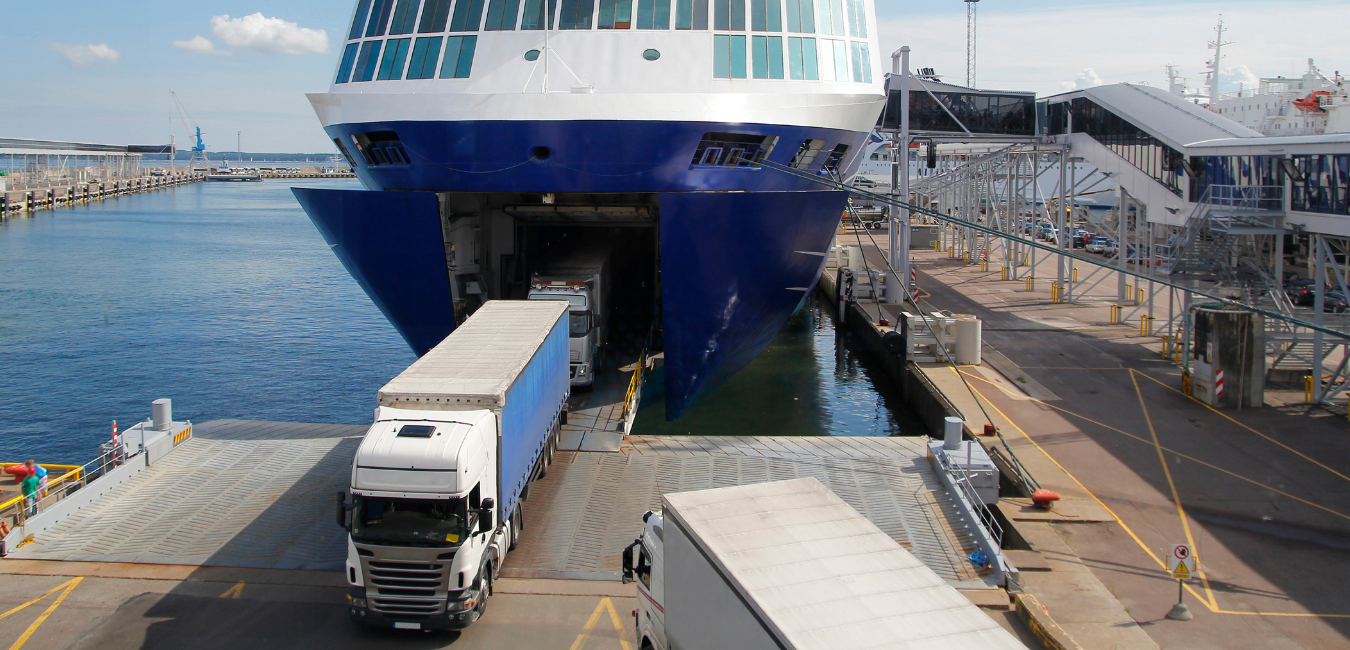
A manufacturer in Germany supplies EU qualifying products to a GB company and zero tariffs applies. The GB company places the products within their common stock warehouse and later they are purchased by a company in the Republic of Ireland. Under the TCA rules of origin for preferential trade, these goods when imported into Ireland are not covered by the agreement and full tariffs apply.
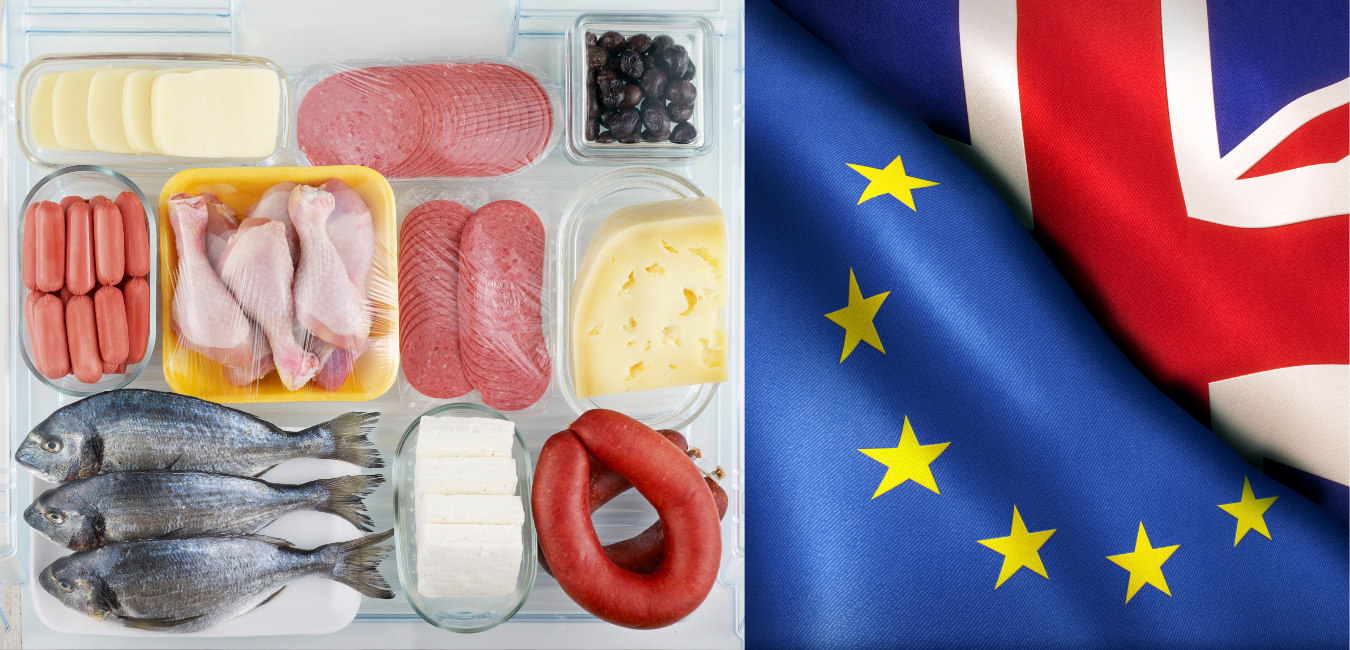
Not having clearly defined export / import processes with the EU caused unnecessary documentation issues resulting in long delays at the ports and some vehicles being sent back to the UK. Exporters of food products from Great Britain (GB) were especially impacted due to their Export Health Certificates (EHCs) not being compliant with EU import regulations. Food exporters and their Official Veterinarians complete and issued these certificates in compliance with the directives of the Department for Environment Food & Rural Affairs.

We have been developing contingency plans to ensure our customers’ products are delivered correctly after 1 January 2021. Significant changes will occur once the UK has left the EU. All UK businesses will be required to provide Customs documentation for products exported to, or imported from the EU, even with the ‘EU Deal’ on Brexit.
ICS, as part of our customer services, will be supporting companies with the necessary Customs documentation to comply with the new regulations.
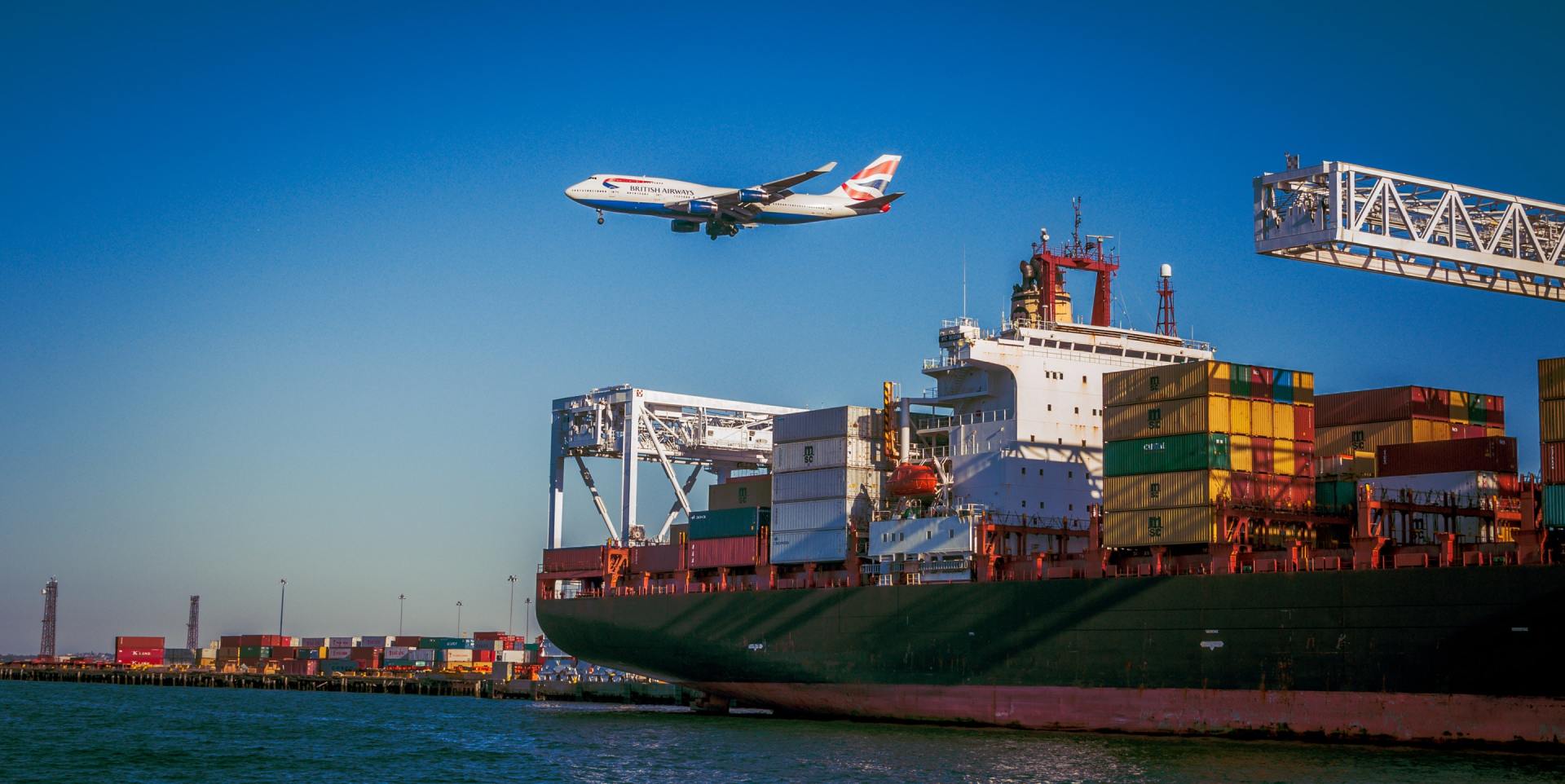
The Government announced, during the Budget, that on 1 January 2021 Postponed VAT Accounting (PVA) will be introduced on imports. Currently, imported goods from a non-EU country are liable for payment of import VAT at the same time as customs duty. The process will provide importers with a new cashflow benefit, as they will be able to postpone VAT at the time of import, as opposed to paying it immediately upon importation.
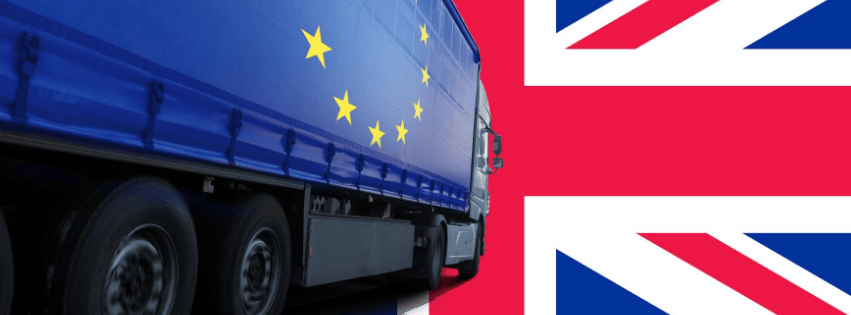
The UK Government have stated that on 1 January 2021 the transition period with the European Union (EU) will end and the United Kingdom (UK) will operate a full, external border as a sovereign nation. This means that controls will be placed on the movement of goods between Great Britain (GB) and the EU.
The UK Government have recognised the impact of coronavirus on UK businesses’ ability to prepare and therefore have announced that they will implement full border controls on imports coming into GB in three stages up until 1 July 2021.
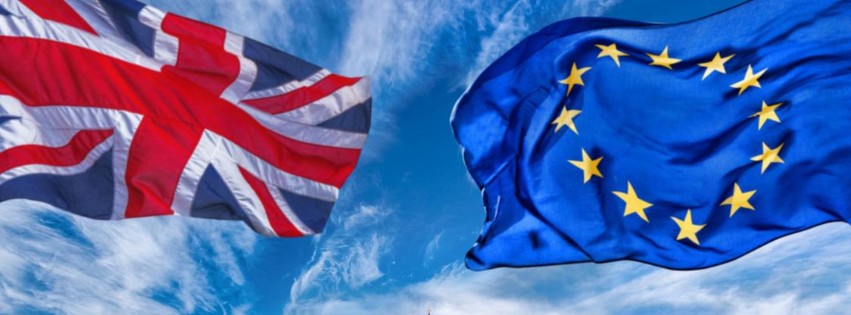
The UK Government has now released their new Import and Export Guides for the end of the Transition Period. The guides have been designed to provide a step-by-step process and aim to provide clarity around what is required at the end of the year. When it comes to following the new import / export processes and completing your Customs declarations, we can provide you with assistance and support.
